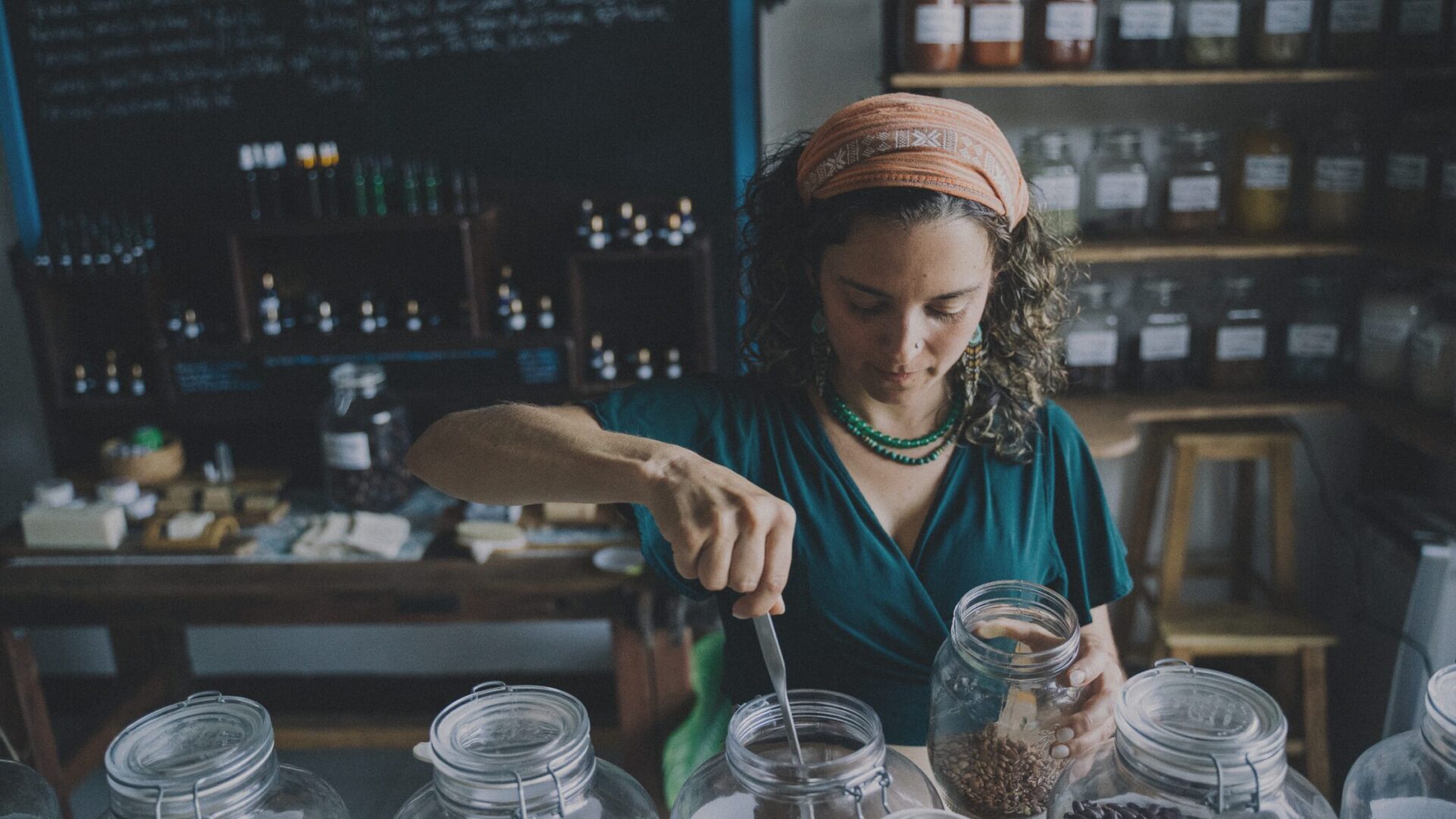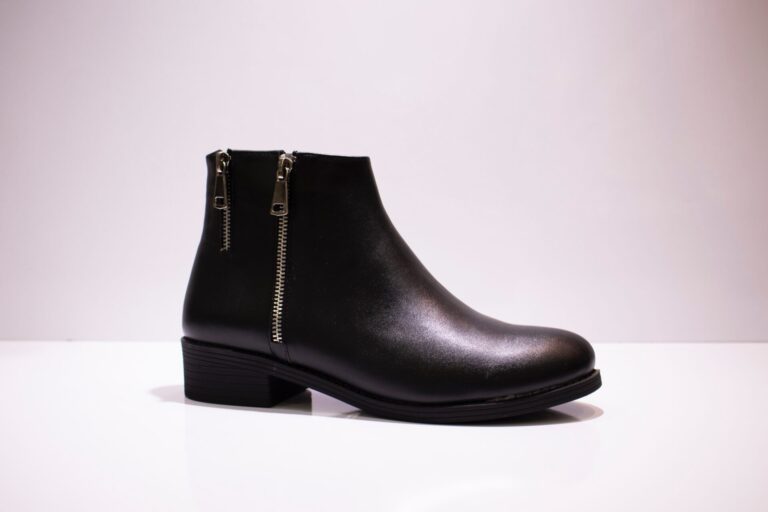“I want to save money on groceries.”
“I’d like to live more sustainably, but don’t know how.”
Sound familiar? Bulk buying offers a simple solution to both challenges. This eco-friendly shopping method is gaining popularity worldwide, especially among people seeking a zero waste lifestyle.
You might think bulk shopping is old-fashioned or complicated. Actually, it’s a smart, modern approach that benefits your wallet and the planet.
This guide covers everything beginners need to know about bulk buying. You’ll learn practical tips to start small and build sustainable habits. By the end, you’ll have actionable steps to begin your zero waste lifestyle today.
What Is Bulk Buying?
The Basics of Bulk Shopping
Bulk buying means purchasing exactly what you need, measured by weight or volume. Instead of pre-packaged items, you fill your own containers with the right amount for your household.
This practice has deep historical roots. In Japan, bulk sales date back to the Nara and Heian periods (8th-12th centuries). Local markets sold goods in small portions, creating early bulk shopping systems.
By the 12th century, shops sold sake, soy sauce, and miso by weight. During the Edo period (1603-1868), bulk buying flourished. People used reusable containers called “kayoidokkuri” (returnable bottles) to buy liquids from barrels.
Similar practices emerged globally. In 19th century America, stores like Hellman-Haas Grocery Co. sold flour and sugar by weight. Before mass-produced packaging, bulk buying was the standard shopping method.
Why Bulk Buying Supports a Zero Waste Lifestyle
Modern bulk shopping addresses two major concerns: environmental damage and rising costs.
Reduce Food Waste: Buy only what you need. No more family-size packages going bad in single-person households. No more expired products cluttering your pantry.
Eliminate Packaging Waste: Skip plastic wraps, boxes, and excess materials. Dramatically reduce your household trash through bulk purchasing.
Save Money: Pay for product, not packaging. Buy exact quantities to match your budget and consumption needs.
These benefits make bulk buying perfect for anyone pursuing a zero waste lifestyle. It’s an accessible first step toward sustainable living.
Getting Started: Essential Tools and Tips
What You Need for Bulk Shopping
New to bulk buying? Many stores provide containers, so you can start without any equipment.
However, bringing your own containers makes the experience more personal and sustainable. Start with what you have at home:
For Liquids: Glass jars or bottles work well for soy sauce, vinegar, and oils.
For Dry Goods: Use tupperware, silicone bags, or cloth pouches. These reusable options support your zero waste lifestyle goals.
Start Small: Don’t buy everything at once. Build your container collection gradually.
Container Selection Tips
Follow these guidelines for successful bulk shopping:
- Keep It Clean: Wash and dry containers thoroughly. Food safety is essential.
- Know the Weight: Weigh empty containers beforehand. Most stores will help, but preparation speeds up checkout.
- Match Container to Product: Use airtight jars for liquids and odor-resistant containers for foods. This keeps items fresh longer.
- Buy Smart Quantities: Estimate your actual needs to prevent waste.
- Check Store Policies: Each shop may have different rules about containers. Ask staff if you’re unsure.
Making Bulk Shopping Work for Your Zero Waste Lifestyle
Planning Your Shopping Strategy
Your bulk buying approach should match your lifestyle:
Frequent Shoppers: Buy small amounts when supplies run low. This keeps ingredients fresh and reduces waste.
Weekly Shoppers: Plan ahead and calculate quantities carefully. Prepare a list and bring appropriate containers for efficient bulk shopping.
Pro Tips:
- Follow your store’s social media for new bulk products
- Bring one or two extra containers for unexpected finds
- Start with familiar products before trying new bulk items
Carrying Your Eco-Friendly Containers
Make transportation easy and safe:
- Sanitize containers before each shopping trip
- Wrap glass jars in towels to prevent breaking
- Double-check lids to avoid spills during transport
- Use sturdy bags or baskets to carry multiple containers
Finding Bulk Shopping Options
Locate Stores Near You
Wondering where to find bulk options? They’re more common than you think:
Grocery Stores: Some supermarkets now offer bulk sections for coffee beans, nuts, rice, and grains. Look closely during your next visit.
Specialty Shops: Health food stores and co-ops often have extensive bulk sections supporting zero waste lifestyle choices.
Local Producers: Farmers’ markets and greengrocers sell produce individually—a simple form of bulk buying.
Community Resources for Bulk Shopping
Connect with others pursuing a zero waste lifestyle:
Eco Events: Sustainability fairs often feature bulk shopping stalls. Perfect for testing the waters with your containers.
Online Communities: Join local eco groups on social media to discover hidden bulk shopping gems through recommendations.
Workshops: Many communities offer bulk shopping demonstrations and zero waste lifestyle workshops for hands-on learning.
Common Bulk Products to Try
Start your bulk buying journey with these beginner-friendly options:
Pantry Staples: Rice, pasta, flour, sugar, and oats Snacks: Nuts, dried fruits, and granola Spices: Buy small amounts of expensive spices instead of large jars Liquids: Oils, vinegars, and cleaning supplies (where available) Personal Care: Some stores offer bulk shampoo, soap, and lotions
Begin with one or two products. As you build confidence and container collection, expand your bulk shopping routine.
Benefits Beyond Zero Waste
Financial Advantages
Bulk buying often costs less per unit than packaged alternatives. You pay for product quality, not marketing and packaging. Small households especially benefit by buying exact quantities needed.
Health Benefits
Bulk sections often feature organic and specialty products. You can access high-quality ingredients that might be expensive in pre-packaged form. Fresh spices and nuts from bulk bins often taste better than shelf-stable packaged versions.
Reduced Decision Fatigue
Bulk shopping simplifies choices. Instead of comparing multiple package sizes and brands, focus on product quality and quantity needed. This streamlined approach supports a more mindful zero waste lifestyle.
Overcoming Common Challenges
“It takes too much time”: Start with one bulk item per shopping trip. As you develop routines, the process becomes faster.
“I forget my containers”: Keep a set in your car or by your front door. Many stores still offer containers if you forget yours.
“Limited store options”: Begin with existing bulk sections in regular supermarkets. Demand often encourages stores to expand bulk offerings.
Start Your Zero Waste Lifestyle Today
Bulk buying is more than a shopping method—it’s a gateway to sustainable living. This approach reduces waste, saves money, and connects you with a community of environmentally conscious consumers.
You don’t need to transform overnight. Start small: buy one vegetable individually at your local market, or scoop coffee beans from the bulk section next time you shop.
Every small action toward a zero waste lifestyle matters. Through bulk shopping, you’ll discover more thoughtful consumption habits. You’ll take pride in choices that benefit both your household and the planet.
Your individual actions contribute to larger environmental change. Start building a sustainable future today—one bulk purchase at a time.








